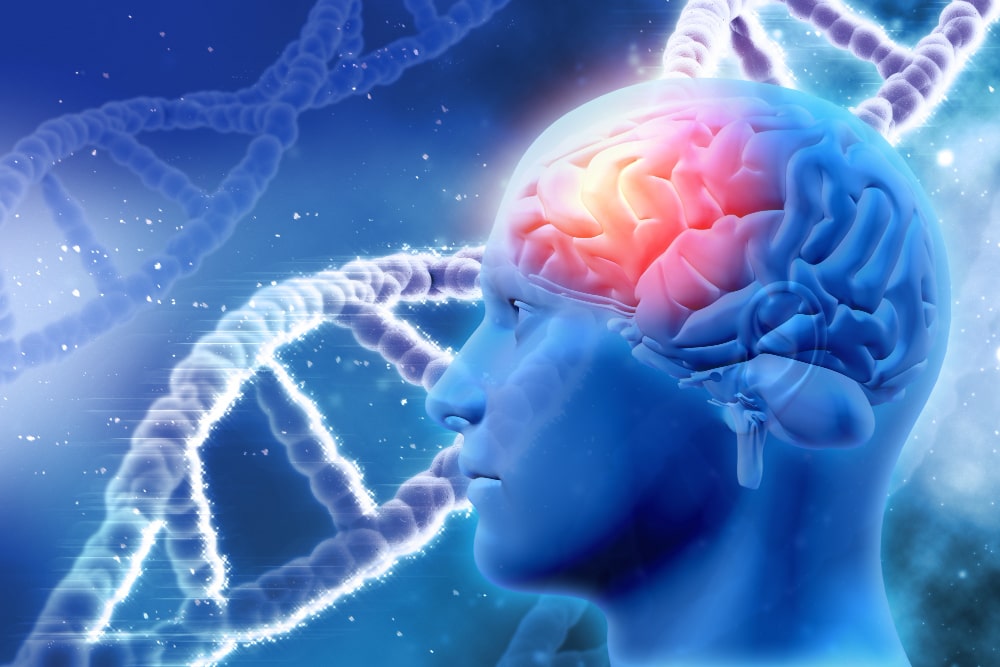Best Neurologist in Nalgonda
What is Neurology?
Neurology is a medical specialty that focuses on the diagnosis and treatment of disorders related to the nervous system. The nervous system is a complex network that includes the brain, spinal cord, nerves, and muscles, and it plays a crucial role in coordinating and regulating the body’s functions. VenuVidya Multispeciality Hospital having Best Neurologist in Nalgonda.

Neurologists are physicians who specialize in neurology. They are trained to diagnose and manage a wide range of neurological conditions, including diseases and disorders such as epilepsy, stroke, multiple sclerosis, Alzheimer’s disease, Parkinson’s disease, neuromuscular disorders, and various types of headaches.
Best Neurologist in Nalgonda employ various diagnostic techniques to evaluate patients, such as taking detailed medical histories, performing neurological examinations, and ordering and interpreting tests such as imaging scans (e.g., MRI, CT scan), electroencephalograms (EEG), nerve conduction studies, and lumbar punctures.
Treatment in neurology can involve medications, lifestyle modifications, physical therapy, occupational therapy, and other interventions depending on the specific condition. In some cases, neurologists may also perform procedures such as botulinum toxin injections, nerve blocks, or deep brain stimulation.
Neurology is closely related to neurosurgery, which is a surgical specialty focused on treating disorders of the nervous system that may require surgical intervention. Best Neurologist in Nalgonda and Best Neurosurgeons in Nalgonda often work together to provide comprehensive care for patients with neurological conditions.
Neurology Treatment
Neurology treatment involves various approaches depending on the specific neurological condition and its underlying cause. Here are some common treatment options used in neurology:
- Medications: Neurologists often prescribe medications to manage symptoms and slow the progression of neurological disorders. These may include analgesics for pain relief, antiepileptic drugs for epilepsy, dopaminergic agents for Parkinson’s disease, immunomodulatory drugs for multiple sclerosis, and cholinesterase inhibitors for Alzheimer’s disease, among others.
- Physical Therapy: Physical therapy aims to improve mobility, strength, and coordination in individuals with neurological conditions. Therapists may use exercises, stretches, balance training, and other techniques to help patients regain or maintain their functional abilities.
- Occupational Therapy: Occupational therapy focuses on helping patients develop or regain skills necessary for daily activities and tasks. Occupational therapists may work on improving fine motor skills, cognitive abilities, and adaptive techniques to enhance independence and quality of life.
- Speech Therapy: Speech therapy is used to address speech and language difficulties that may arise from neurological conditions such as stroke, traumatic brain injury, or Parkinson’s disease. Therapists help patients improve their communication skills, swallowing abilities, and overall speech production.
- Lifestyle Modifications: Adopting a healthy lifestyle can be beneficial in managing neurological disorders. Neurologists often recommend regular exercise, a balanced diet, stress management techniques, and adequate sleep to promote overall well-being and potentially slow disease progression.
- Interventional Procedures: In certain cases, neurologists may perform interventional procedures to treat specific conditions. Examples include nerve blocks for chronic pain management, botulinum toxin injections for muscle spasms or migraines, or deep brain stimulation for movement disorders like Parkinson’s disease or essential tremor.
Diagnostic Tests for Neurology:
Diagnostic Tests: Depending on the symptoms and suspected condition, the neurologist may order diagnostic tests to gather additional information. These may include imaging studies such as magnetic resonance imaging (MRI) or computed tomography (CT) scans to visualize the brain and spinal cord. Electroencephalography (EEG) measures electrical activity in the brain and can help diagnose epilepsy and other seizure disorders. Other tests such as blood tests, nerve conduction studies, or lumbar puncture (spinal tap) may also be performed.
Diagnosis of Neurology:
Diagnosis:
Based on the evaluation and test results, the neurologist will provide a diagnosis, explaining the nature of the condition, its causes, and its potential implications. A clear diagnosis allows for a more targeted treatment plan.
Treatment Plan:
The neurologist will develop a customized treatment plan based on the specific condition, its severity, and the patient’s individual needs. The treatment plan may involve medications to manage symptoms, lifestyle modifications, physical therapy, occupational therapy, or other interventions, as previously discussed.

